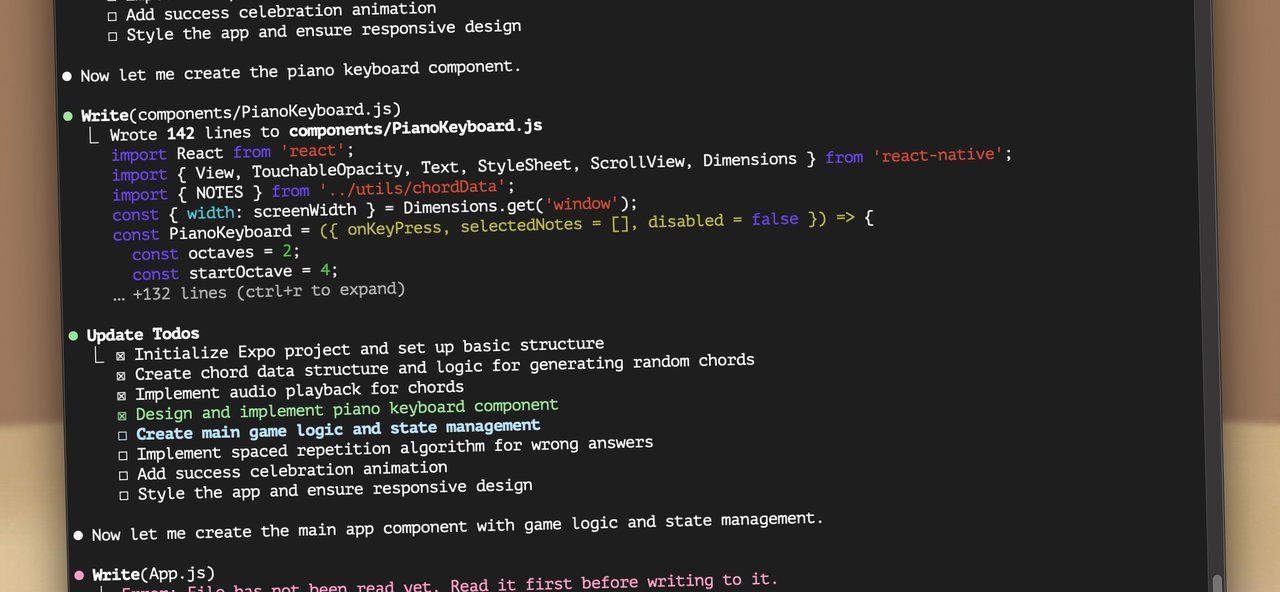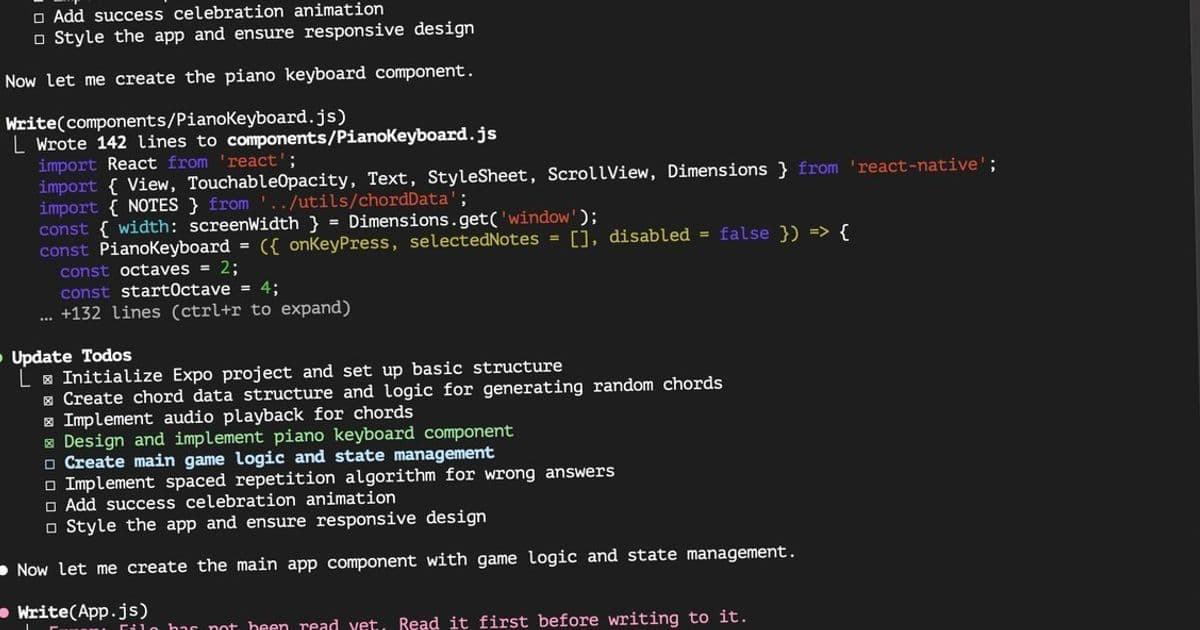AI coding assistants like Claude Code are evolving beyond simple autocomplete into transformative tools that act as modern compilers, turning natural language descriptions directly into functional applications. This shift reduces barriers to entry, empowers non-developers, and redefines programmers as directors of AI-driven development, sparking a potential Cambrian explosion in digital services.

For decades, compilers have been the unsung heroes of software development, translating high-level languages into machine-executable code. Now, a seismic shift is underway: AI coding assistants are evolving to serve a similar purpose, but with natural language as the input. As one developer's deep dive with tools like Claude Code reveals, these systems are no longer just speeding up coding—they're fundamentally altering how we conceptualize and build software.
From Autocomplete to Application Architect
The journey began with tools like GitHub Copilot, which revolutionized simple, single-file coding tasks by acting as an intelligent autocomplete. Then came scaffolders such as v0.dev, capable of generating multi-file applications but often introducing technical debt through messy code. The latest generation, exemplified by Claude Code, marks a quantum leap. It navigates medium to large codebases, interprets nuanced instructions, and outputs working applications across languages like TypeScript, Swift, or Python. This transforms a simple English prompt into executable software, effectively making natural language a universal programming language. As the source notes:
"I’m starting to treat the AI as a compiler for my thoughts. I write instructions in plain English (the 'source code'), and the AI turns them into executable JavaScript, Go, Python, or SQL (the 'machine code')."
This erases traditional barriers—developers no longer need deep expertise in a specific syntax to bootstrap projects, while business analysts can now prototype features without developer intervention, accelerating digital innovation.
The Developer’s New Role: Director, Not Coder
With AI handling code generation, developers are transitioning from hands-on builders to strategic directors. Productivity soars—tasks finish faster as engineers offload implementation details—but the workflow now involves significant waiting, akin to compiling large projects of the past. More critically, human oversight remains indispensable. AI-generated code often requires refinement to avoid technical debt, and tools like Claude's memory feature allow developers to encode best practices for consistency. Yet, challenges persist:
- Non-determinism: Identical prompts yield different outputs, undermining reliability for production systems.
- Resource costs: High computational demands translate to substantial CO2 emissions.
- Quality control: Without expert intervention, AI can produce brittle code, requiring directives like "refactor this for maintainability."
As the source emphasizes, developers now focus on architecture, error diagnosis, and guiding AI iterations—skills that ensure long-term system health.
Implications for the Future of Software
This evolution promises a surge in software creation, lowering entry barriers and enabling rapid prototyping across industries. However, it also raises existential questions: Will AI reduce developer demand, or fuel greater appetite for complex applications? Either way, the craft is evolving. Developers are becoming the architects of AI-driven workflows, while business analysts wield unprecedented creative power. The path forward hinges on solving reliability and sustainability hurdles, but one truth is clear—software development in five years will be unrecognizable from today. As the original marmelab.com analysis concludes, this isn't just a trend; it's a redefinition of how humanity builds with code.

Comments
Please log in or register to join the discussion